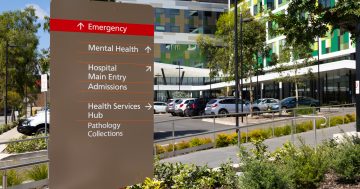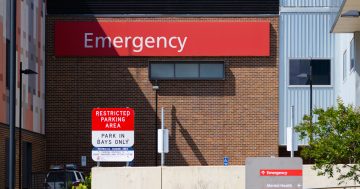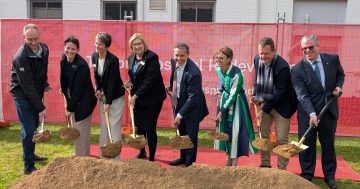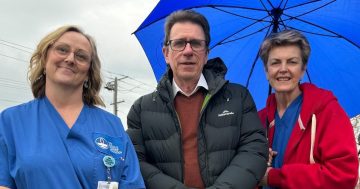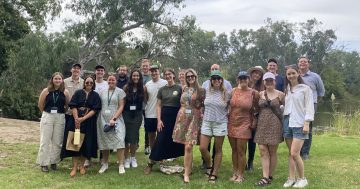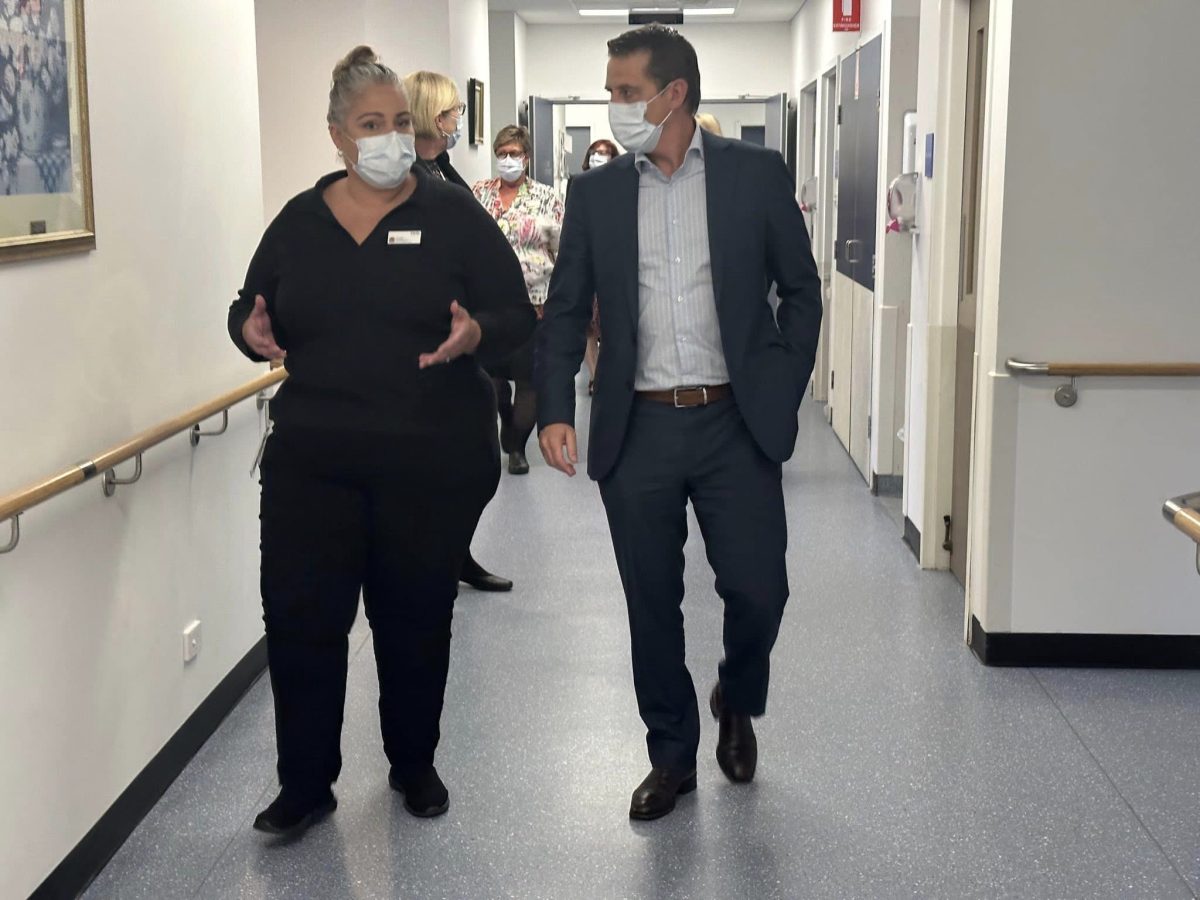
Health Minister Ryan Park announced the appointment of 1000 medical graduates as junior doctors to hospitals around the state this week. Photo: Supplied.
Communities across NSW are set to reap the benefits of an injection of 1000 junior doctors into the state’s hospitals.
The medical graduate interns are expected to start work in public hospitals by the end of the month.
Interns are graduates of a medical degree and are required to complete a supervised year of practice before becoming independent practitioners.
The interns will work with and learn from NSW Health’s experienced and highly skilled medical staff in what the State Government says is one of the world’s best health systems.
The new doctors starting their internship will enter a training program with networked hospitals throughout the state, providing formal and on-the-job training.
They receive two-year contracts to rotate between metropolitan, regional and rural hospitals to ensure the diversity of their experience.
They also rotate across different specialties during the intern year, including surgery, medicine and emergency medicine.
The NSW Government is undertaking an ambitious plan to rebuild the state’s health workforce, including through:
- Implementing safe staffing levels of nurses and midwives, beginning in our emergency departments
- Saving 1112 temporary nurses by making them permanent
- Abolishing the wages cap and delivering record pay increases for nurses, paramedics and other health workers, as well as salary packaging
- Beginning to roll out 500 additional paramedics in regional, rural and remote communities
- Doubling the health worker study subsidies.
Minister for Health Ryan Park congratulated the graduates and wished them success in their careers.
“I wish these new junior doctors all the very best for a long and rewarding career in the NSW public health system,” Mr Park said.
“NSW employs more than 170,000 people in public hospitals across the state – making us the largest health system in Australia and a very attractive choice for young doctors looking to train in a diverse range of clinical settings.
“From doctors to nurses, paramedics and allied health professionals – we are rebuilding an engaged, capable and supported workforce.
“When we boost and support our health workforce, we will see improved health outcomes, it’s as simple as that.”







